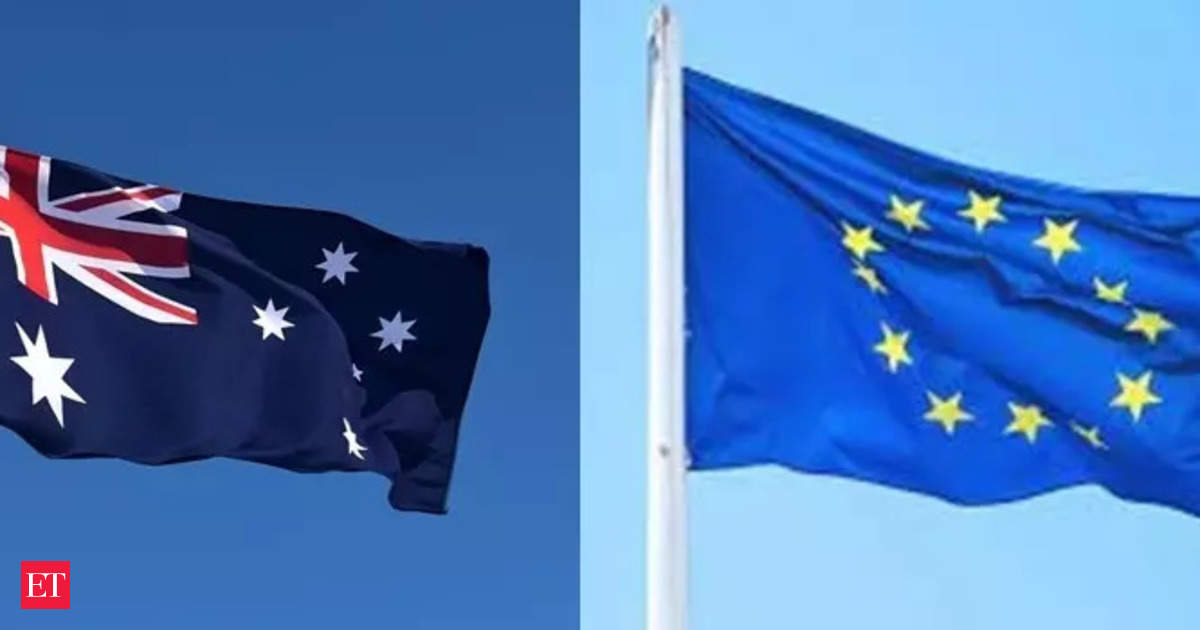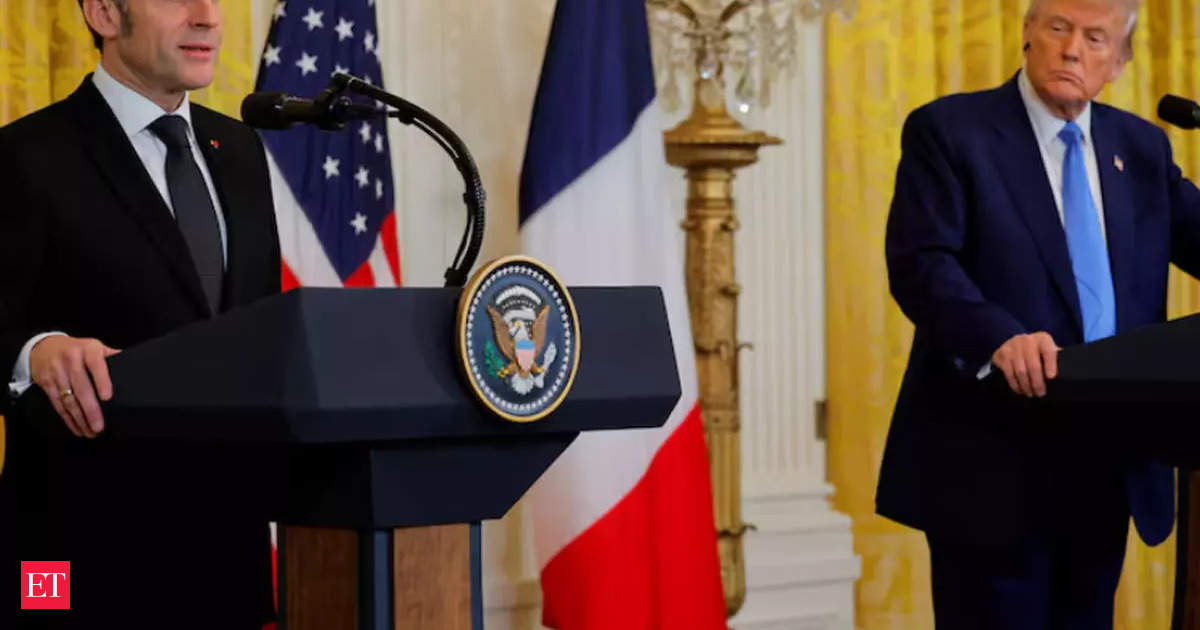Negotiations for a free trade agreement between the European Union (EU) and Australia have come to a halt, causing the deal to collapse. The trade deal, which aimed to boost commerce between the two regions, faced significant obstacles and disagreements on various issues. As a result, the potential economic benefits and opportunities that the agreement could have brought have now been lost. Both the EU and Australia will need to reassess their strategies and explore alternative options for future economic cooperation.
The collapse of the free trade deal has raised concerns about the potential impacts on businesses and industries in both the EU and Australia. The agreement would have removed tariffs and trade barriers, allowing for increased market access and opportunities for exporters. Industries such as agriculture, manufacturing, and services would have greatly benefited from the elimination of trade restrictions, enhancing their competitiveness in global markets. The collapse of the deal means that these sectors will continue to face trade barriers and limited market access, potentially hampering their growth and international expansion.
The EU and Australia have cited several reasons for the breakdown of the negotiations. One of the main issues was the disagreement over agricultural imports. Australia, being a major agricultural exporter, sought increased access to the EU market for its products such as beef, lamb, and wheat. However, there were concerns among EU member states about the potential impact on their domestic agricultural industries. Additionally, differences in standards and regulations relating to food safety, animal welfare, and environmental protection also posed challenges in reaching a consensus.
Moreover, geopolitical and strategic considerations were also at play during the negotiations. The fallout between Australia and China, its largest trading partner, has prompted both countries to seek alternative economic partnerships. The EU, on the other hand, has been investing efforts in diversifying its trade relations and reducing dependence on certain countries. These geopolitical factors influenced the dynamics of the trade talks and affected the willingness of both parties to compromise.
The collapse of the free trade deal between the EU and Australia serves as a reminder of the complexities and challenges associated with such agreements. It highlights the need for careful consideration of various factors, including domestic interests, economic implications, and geopolitical considerations. Moving forward, it is imperative for both the EU and Australia to explore alternative avenues for strengthening their economic ties and promoting trade and investment. Despite the setback, there remains potential for future cooperation and the pursuit of mutually beneficial trade arrangements between the two regions.











